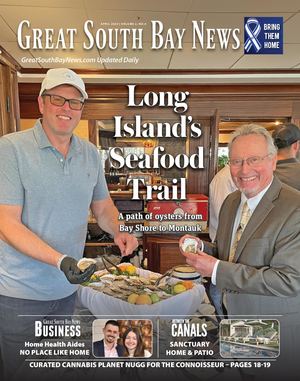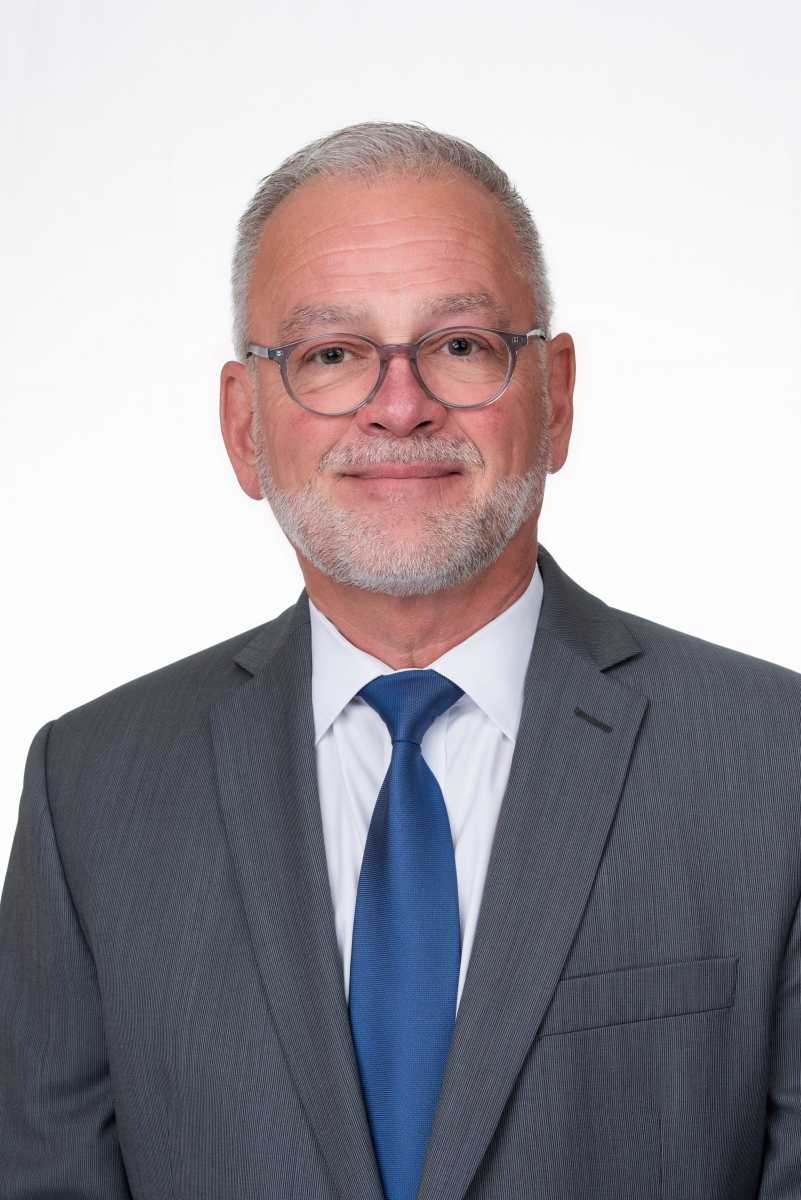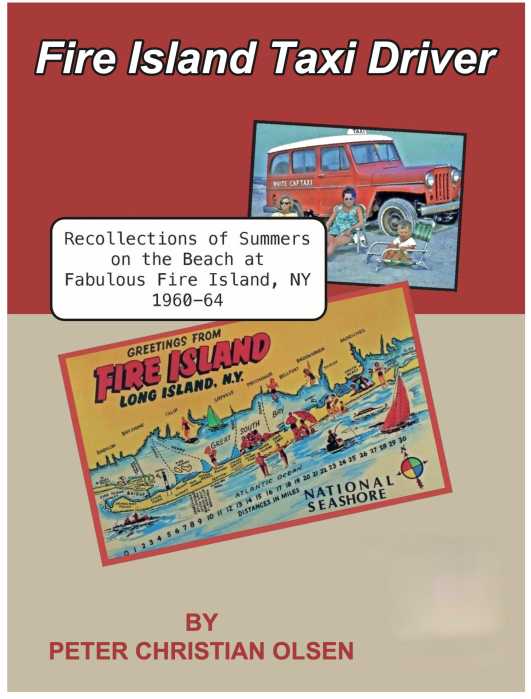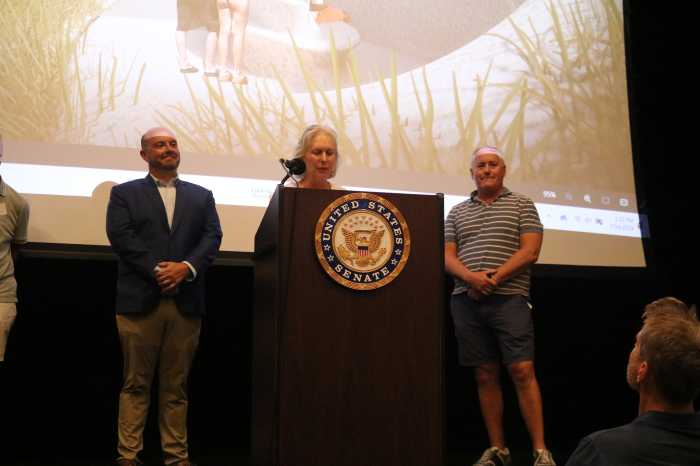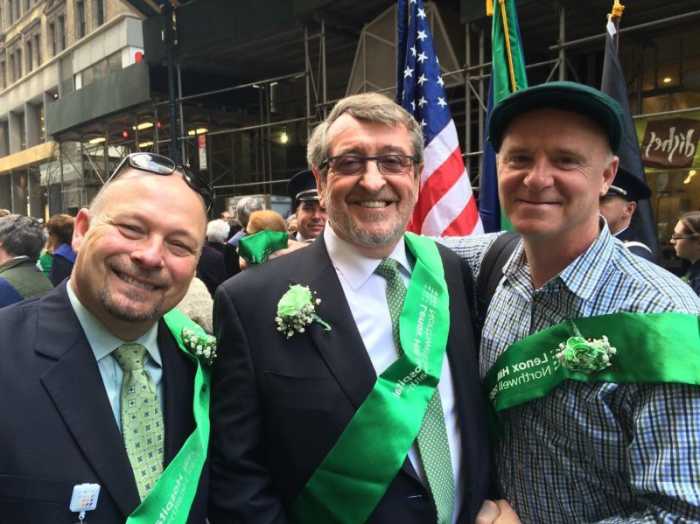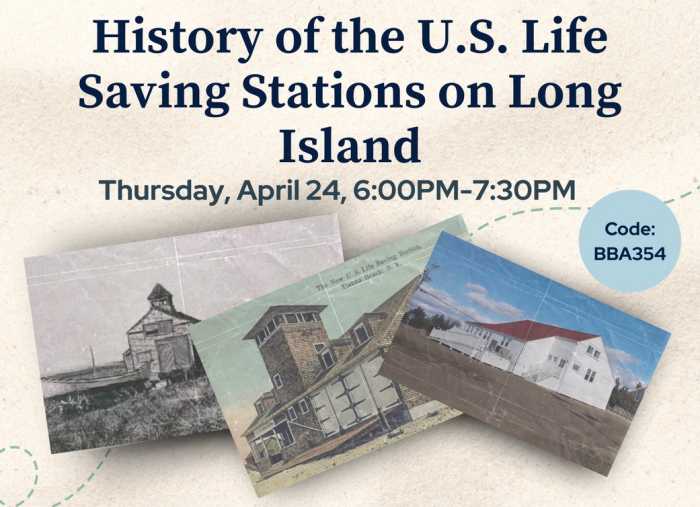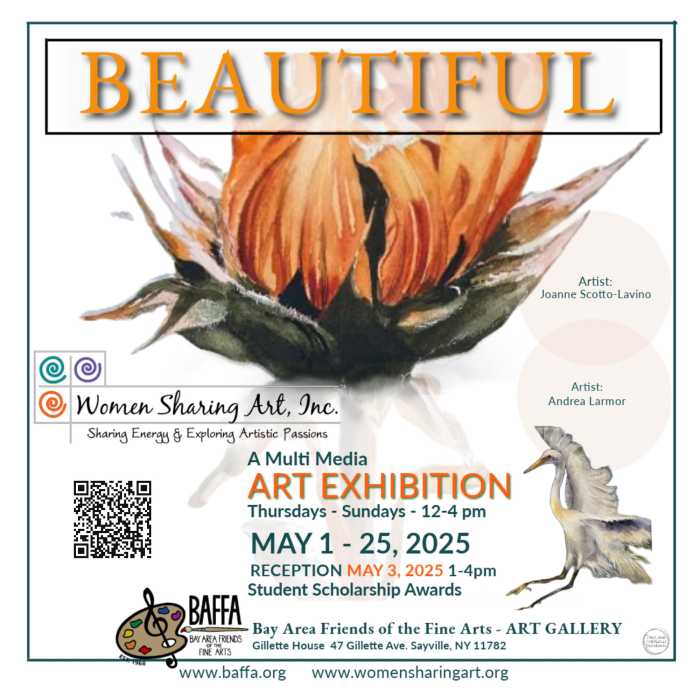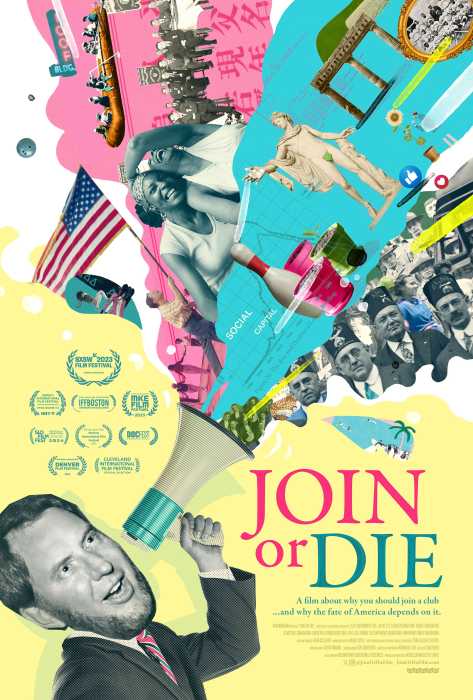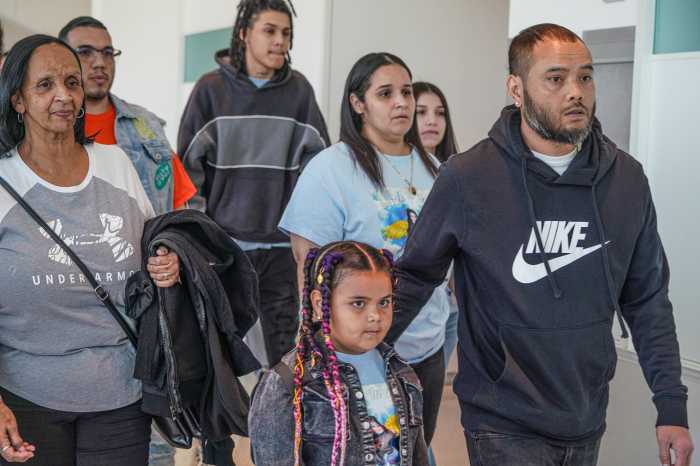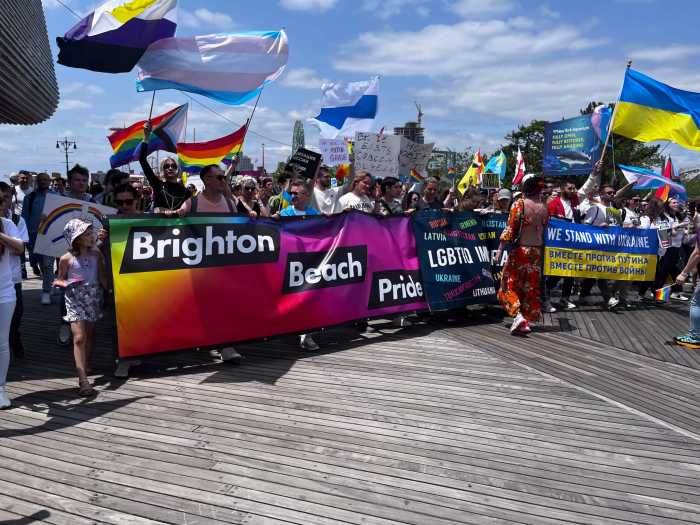Over 20 years ago, Joseph Milizio, Managing Partner of Vishnick McGovern Milizio, LLP, founded the firm’s LBGTQ+ Representation practice, for its time a groundbreaking concept. Milizio sits on the HRC National Board of Governors, and New York Steering Committee. He also serves as vice-chair of the Suffolk County LGBTQ Advisory Board. While vacationing with his husband Kevin in Cherry Grove, he took some time to speak with us.
-
- Milizio you have been the Managing Partner of a respected regional law firm for many years. Today, we are here to discuss your specialty in LBGTQ Representation Practice, an area you largely pioneered. Can you please tell me the genesis of that?
When I first came out as a gay man over 20 years ago, there was no real representation for LGBTQ+ people. Even as an attorney, I didn’t feel comfortable with anyone representing me in my family, estate, business, or personal matters. It wasn’t just a matter of respect, there just wasn’t anyone who understood my needs or how different laws applied to my circumstances. So, I talked to my colleagues at VMM, who could not have been more supportive and enthusiastic, and we established what was one of the very first dedicated LGBTQ Representation practices in the U.S.
- Kindly explain to me and the readers the many facets that LBGTQ law involves.
The interesting thing is there isn’t really “LGBTQ Law.” There aren’t specific laws or statutes that are exclusive to LGBTQ people. It’s a matter of LGBTQ people being included and protected by existing laws, and application of existing laws to our unique needs. The right to marry is a good example, which we fought for and finally won after many years of advocacy.
LGBTQ Representation is the application of a wide variety of areas of law, including family law, estate planning, employment law, elder law, surrogacy and adoption, even real estate law and business law, as they relate to the needs of LGBTQ people, which can be different from other people’s needs. It’s really about understanding those needs, which even now is something that’s barely taught in law schools.
- How has this specialty evolved over the years?
When I first established the LGBTQ Representation practice, it was all about figuring things out on the go. There were no relevant law books, and few precedent cases. It was about understanding our community’s needs, and coming up with creative solutions, often legal workarounds, to accommodate them. For example, we’d create alternatives to marriage rights through customized trusts, health care proxies, powers of attorney, property co-owner agreements, etc. We still do all those.
Over the years we’ve acquired a specialty, an expertise, in representing LGBTQ people. Even though the law has come a long way (at least in New York, things are actually regressing in some other states), there are still legal challenges our community is facing, every day. Some of them are dramatic and some of them are everyday bothers, but we treat them all equally. When I meet a client at the office for the first time, I’m always happy and proud to see how comfortable they feel. We understand their legal needs, but we also understand them.
- What are some of the challenges in this field that you and your clients face together?
Over the years we’ve represented clients in all kinds of matters, from small personal cases to landmark cases that received national attention. We represented a side in the first same-sex divorce in New York. We represented Marla Krolikowski, the teacher who was fired when she transitioned, which was a famous precedent case that affected legislation. We regularly represent LGBTQ people who’ve been discriminated against at their workplace, or school, or home, or elsewhere. But we also get to help people start a family, find a home, establish a business, plan their retirement, etc. There’s plenty of happy stuff.
- What changes and growth have you witnessed in the legal and social culture surrounding LBGTQ legal practice over the decades? Where is there still room for improvement in this field?
If you came to me when I first came out, when I established VMM’s LGBTQ Representation practice, and told me that, despite DOMA [the 1996 Defense of Marriage Act] and other laws, that I’d be able to marry the man of my dreams within a few years, and that my gay couple friends would be able to have children together, I’d have told you you’re crazy. But here we are. We’ve come a very long way in a relatively short amount of time, and it’s hard sometimes for the younger generation to realize just how much of our basic rights weren’t there just a couple of decades ago.
That said, we haven’t come far enough, and those rights are systematically under assault. If we don’t fight for them, they will be taken from us. If you think I’m exaggerating, ask women about their reproductive rights. It’s why I’m involved in orgs like HRC—I’m on the national board of governors and the New York steering committee—and I’m the vice-chair of the Suffolk County LGBTQ Advisory Board, which is the first official legislative-affiliated body of its kind in the state. So please support these causes, volunteer, and most importantly—this November, make sure to go out and vote!
- It piqued my interest to discover you were involved in that making of a documentary in 2010 entailed “Left Out in America, Legislating Love, Life and LGBT.” Can you tell me more about that please?
It was a short documentary that I and Joe Trotti, the head of our family law practice, produced in 2010 in reaction to DOMA. We interviewed different experts and people affected by it, and made the point that gay rights are human rights, and compromising them is a slippery slope that affects all Americans. It won “Best Directorial Debut of a Documentary” in the 2011 New York International Film Festival. You can actually find it on VMM’s YouTube channel.
- What are some of your most personally rewarding triumphs in this field that you had over the years?
My original training was in business and transactional law, but honestly, I didn’t want to work at a Wall Street firm. I wanted to make a real difference in people’s lives. And I have, whether it’s to defend their right to work somewhere, or to help provide them with security and peace of mind for their golden years, or to have a baby. I’ve been very lucky.
- What is your advice to any of our readers who may presently be in need of LBGTQ legal representation?
Call me. Don’t be afraid or embarrassed, and don’t wait until a problem grows. If you have a health issue you call a doctor, and if you have a legal issue you call a lawyer. A lot of times people just need some advice, which I’m happy to give. And if you need representation, we’ll figure out what’s right for you.
- I would be remiss, if I did not mention Fire Island, where you are currently vacationing as we are conducting this interview. What is your connection to it?
My husband Kevin and I have a summer home at Cherry Grove. You’ll usually find us by the pool or at the Ice Palace, which has the best expresso martinis ever!
- If there anything you wish to discuss in your interview that my questions have not touched upon, you are encouraged to do so now.
If you see me, don’t be shy and say hi. I’m always happy to make new friends!
